Summary:
Bitcoin is a decentralized digital currency enabling peer-to-peer transactions.
The blockchain serves as a public ledger, ensuring transparency and security.
Bitcoin mining involves solving complex problems to validate transactions and earn new bitcoins.
Transactions are typically confirmed in about 10 minutes on the blockchain.
What is Bitcoin?
Bitcoin is a decentralized digital currency that allows for peer-to-peer transactions over the blockchain. It operates without a central authority or bank, making it a revolutionary form of currency in the digital age.
Understanding Blockchain
At its core, the blockchain is a public ledger that records all transactions made with Bitcoin. Each block in the chain contains a number of transactions, and once a block is filled, it is linked to the previous block, creating a secure chain. This technology ensures transparency and security, making it almost impossible to alter past records.
The Mining Process
Bitcoin mining is the process by which new bitcoins are created and transactions are verified. Miners use powerful computers to solve complex mathematical problems that validate transactions. For their efforts, miners are rewarded with newly minted bitcoins, which incentivizes them to maintain the network's integrity.
How Transactions Work
When a user wants to send bitcoins, they create a transaction and broadcast it to the network. Miners then verify this transaction, adding it to the blockchain. This process usually takes around 10 minutes, after which the transaction is considered confirmed.
Bitcoin's unique structure and the use of blockchain technology have made it a popular choice for those looking to invest in cryptocurrencies. Understanding these fundamentals is essential for anyone interested in entering the world of digital currency.



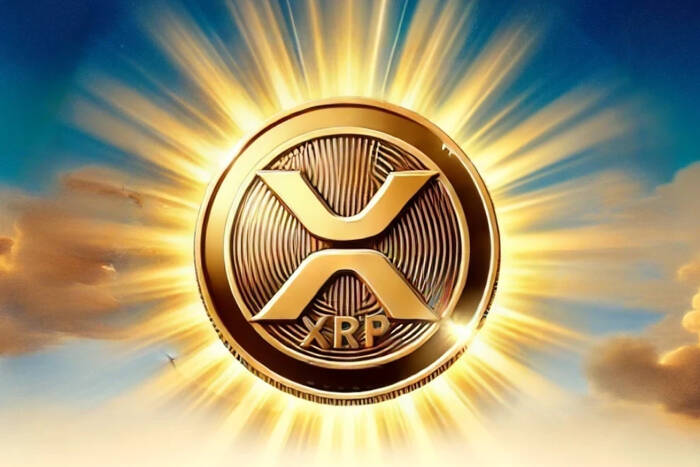
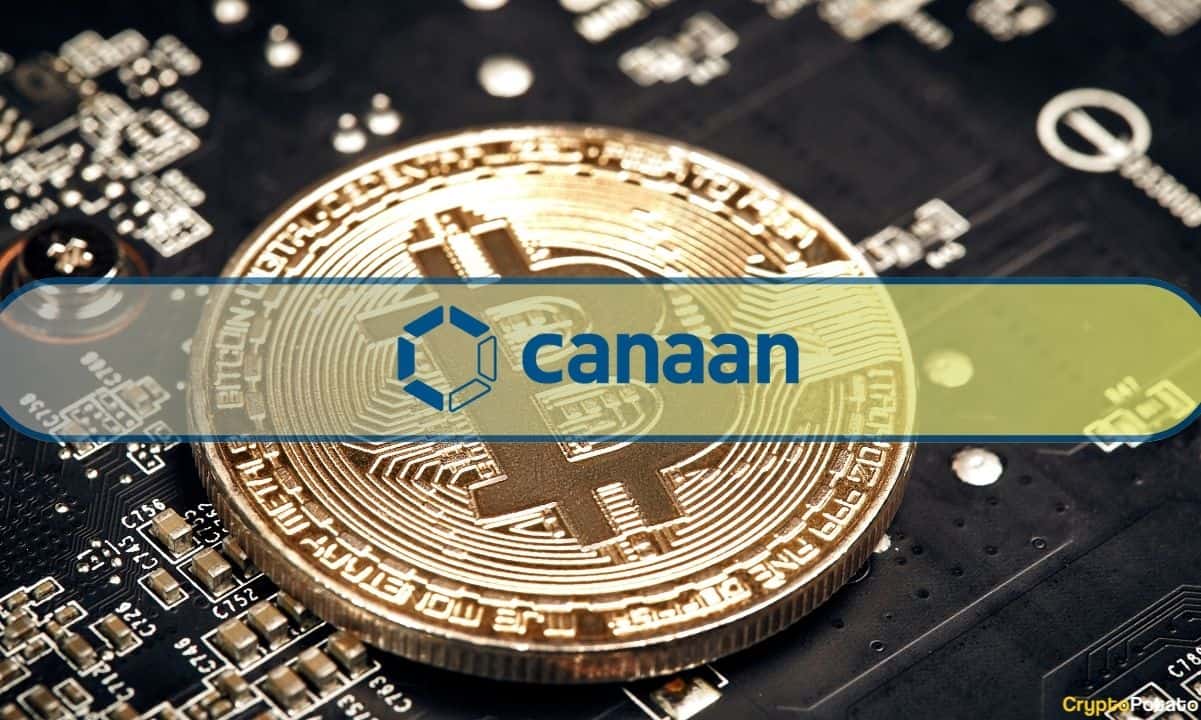
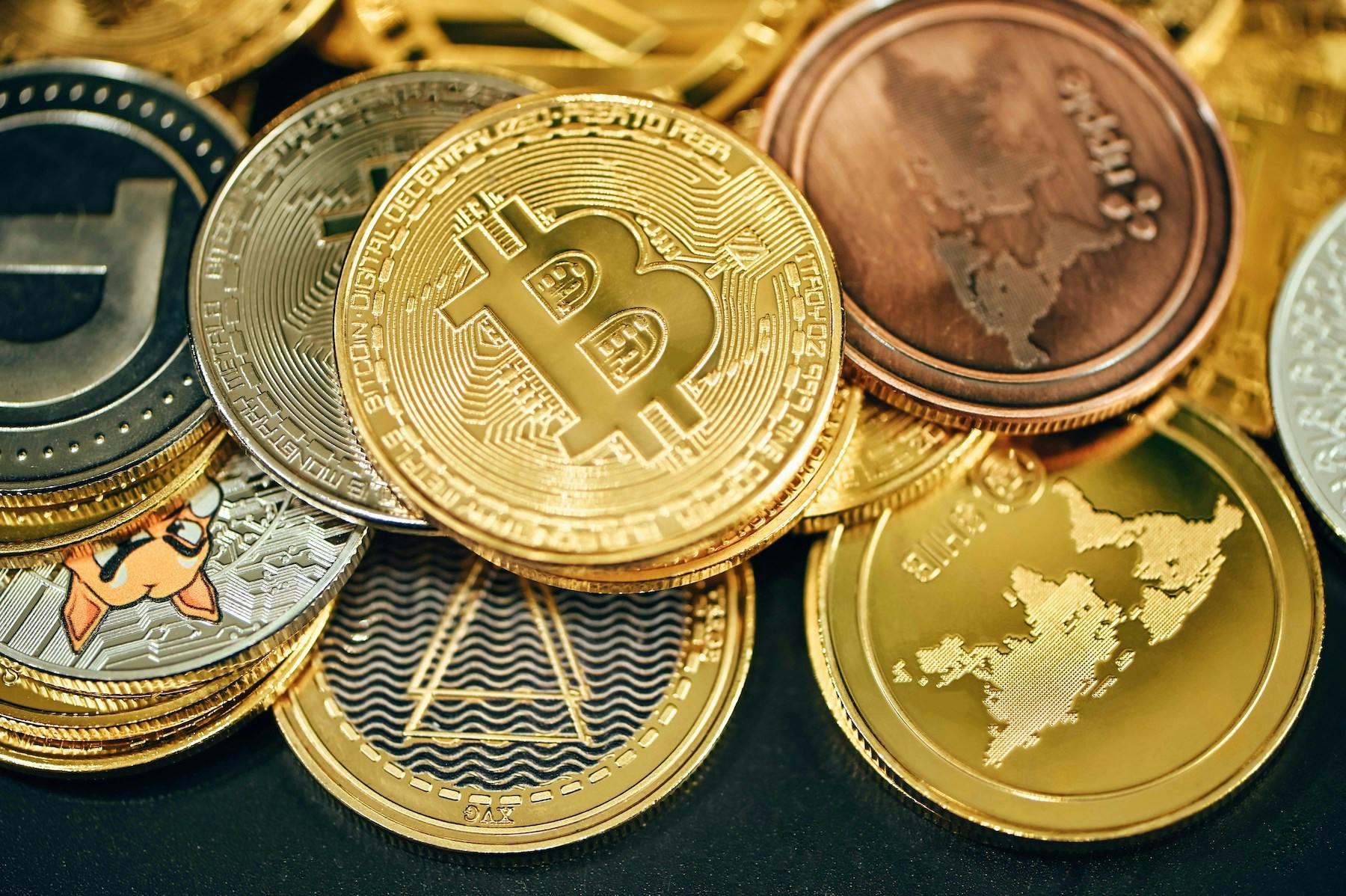
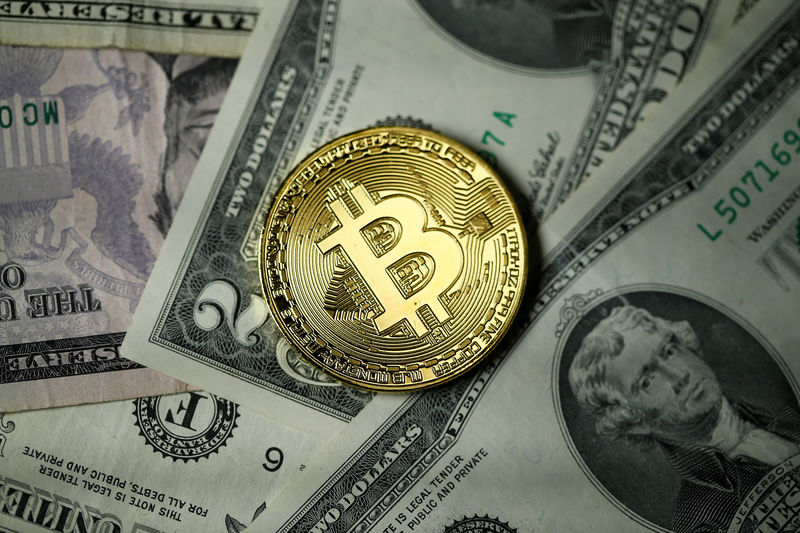
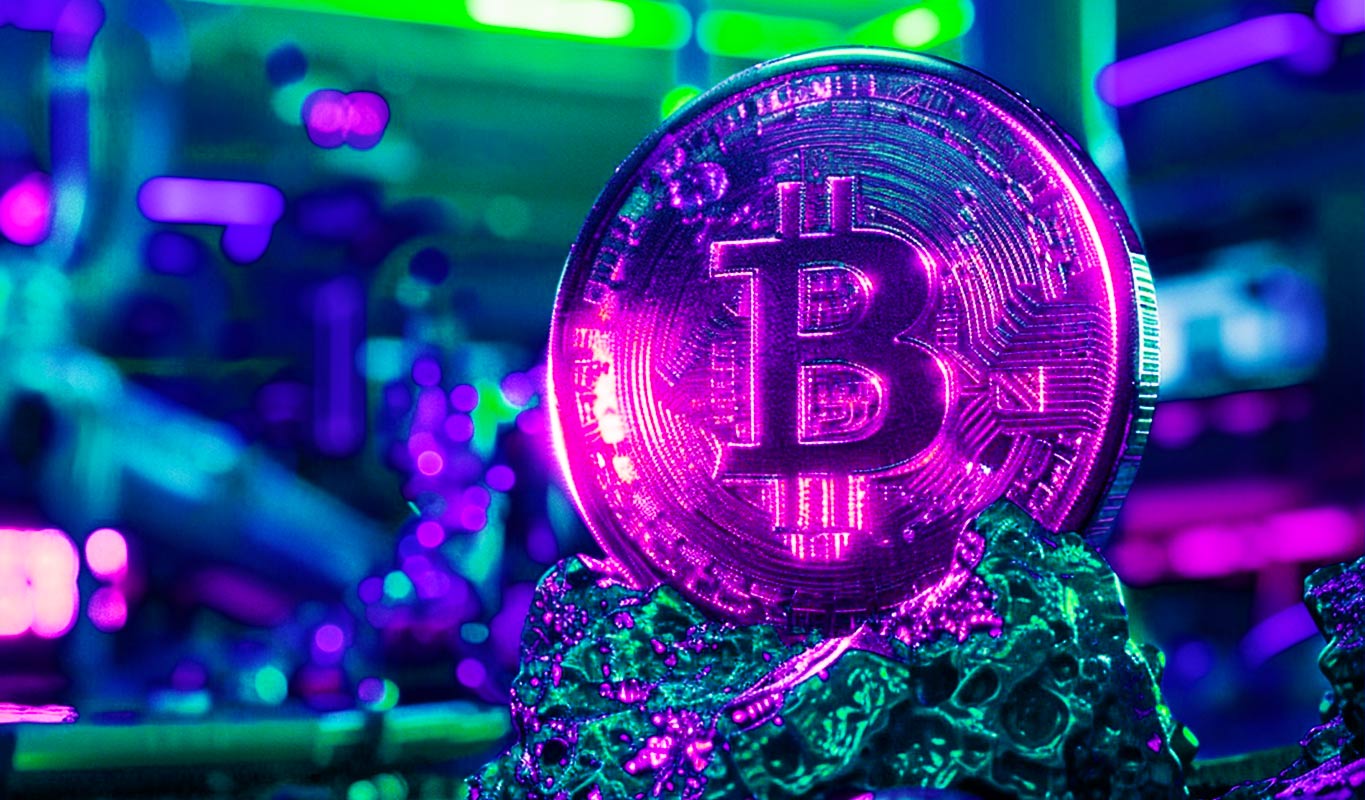
Comments